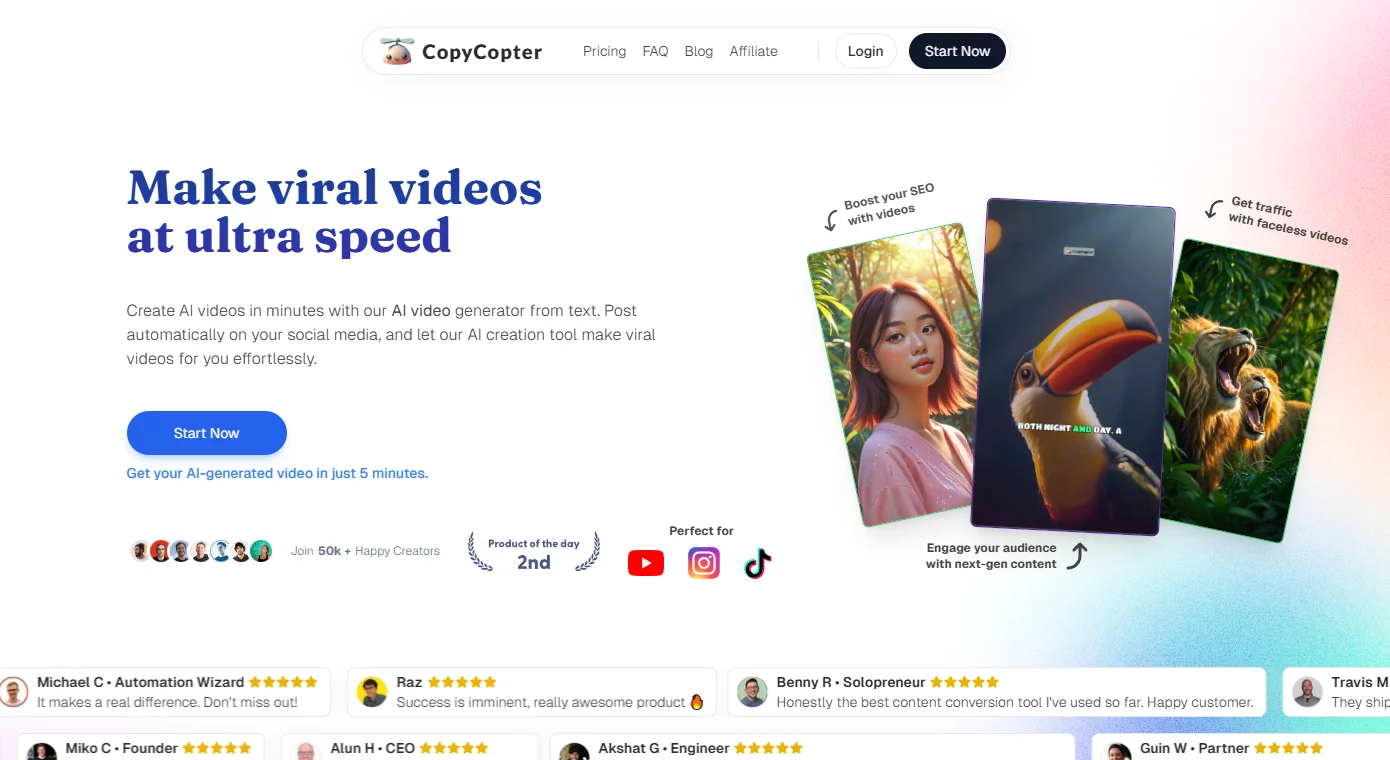OpenAI CEO, when talking about Meta smart glasses, said, "Wearing a computer on your face involves many complex social and interpersonal issues."
In anticipation of the highly anticipated collaboration between OpenAI and Apple, OpenAI CEO Sam Altman recently praised the technological prowess of the Cupertino-based tech giant, stating that the iPhone is "the greatest technological invention in human history" and that the "bar is quite high" and difficult to surpass.
Altman has always been a loyal fan of Apple.
Recently, OpenAI hired renowned iPhone designer Jony Ive to explore new AI hardware. "We have been discussing various ideas," Altman said in a recent episode of the "All-In Podcast," discussing the possibility of running large language models on smartphones and whether it is economically feasible when it is realized.
"Almost everyone is willing to pay for a smartphone," Altman added, noting that cheapness is not the answer. "Even if cheaper devices can be produced, I think the barrier to carrying or using a second device is quite high," he added, suggesting that smartphones will not become obsolete in the short term.
This is contrary to the views of Yann LeCun, Chief AI Scientist at Meta, who believes that smartphones will become obsolete in the next 10-15 years, and people will interact with smart assistants using augmented reality glasses and wristbands.
However, Altman disagrees.
Altman expressed concerns about wearing a computer on the face, saying, "Wearing a computer on your face involves many complex social and interpersonal issues."
As Apple is about to reach a collaboration agreement with OpenAI to integrate ChatGPT into iOS 18 as part of its strategy to enhance its device's AI capabilities, Altman's views have also changed.
In addition, OpenAI plans to announce some major news today, and the company may release an AI voice assistant and simultaneously launch the GPT-4 Lite, GPT-4-Auto, and GPT-4-Auto Lite series models. These new models will be able to converse with people using sound and text and also recognize objects and images.
"If you can perfect voice interaction, it will feel like using a computer in a whole new way," Altman quipped.
Altman also mentioned that OpenAI is currently developing an AI assistant that works like a seasoned AI employee. Users can delegate tasks to this assistant, including managing emails.
OpenAI recently launched a Voice Engine model that can generate natural-sounding voices from text input and just a 15-second audio sample. The Voice Engine project started at the end of 2022, initially focusing on providing preset voices for OpenAI's Text-to-Speech API, ChatGPT Voice, and Read Aloud features.
LLM and Voice Interaction
OpenAI is not alone in this endeavor. Earlier this year, Hume AI released the Empathic Voice Interface (EVI), which can engage in conversations like a human, based on understanding and expressing emotions through the user's tone. It can interpret subtle voice changes and generate empathic responses, leading many to call it the next "ChatGPT moment."
Alan Cowen, founder of Hume AI, said, "We believe that voice interfaces will soon become the default way we interact with AI. Voice is four times faster than typing, freeing up our eyes and hands, and carries more information in tone, rhythm, and timbre."
The company's EVI API marks the birth of the first emotional intelligent voice AI API. It is now available and can receive real-time audio input and provide generated audio and transcribed text with voice expression metrics.








